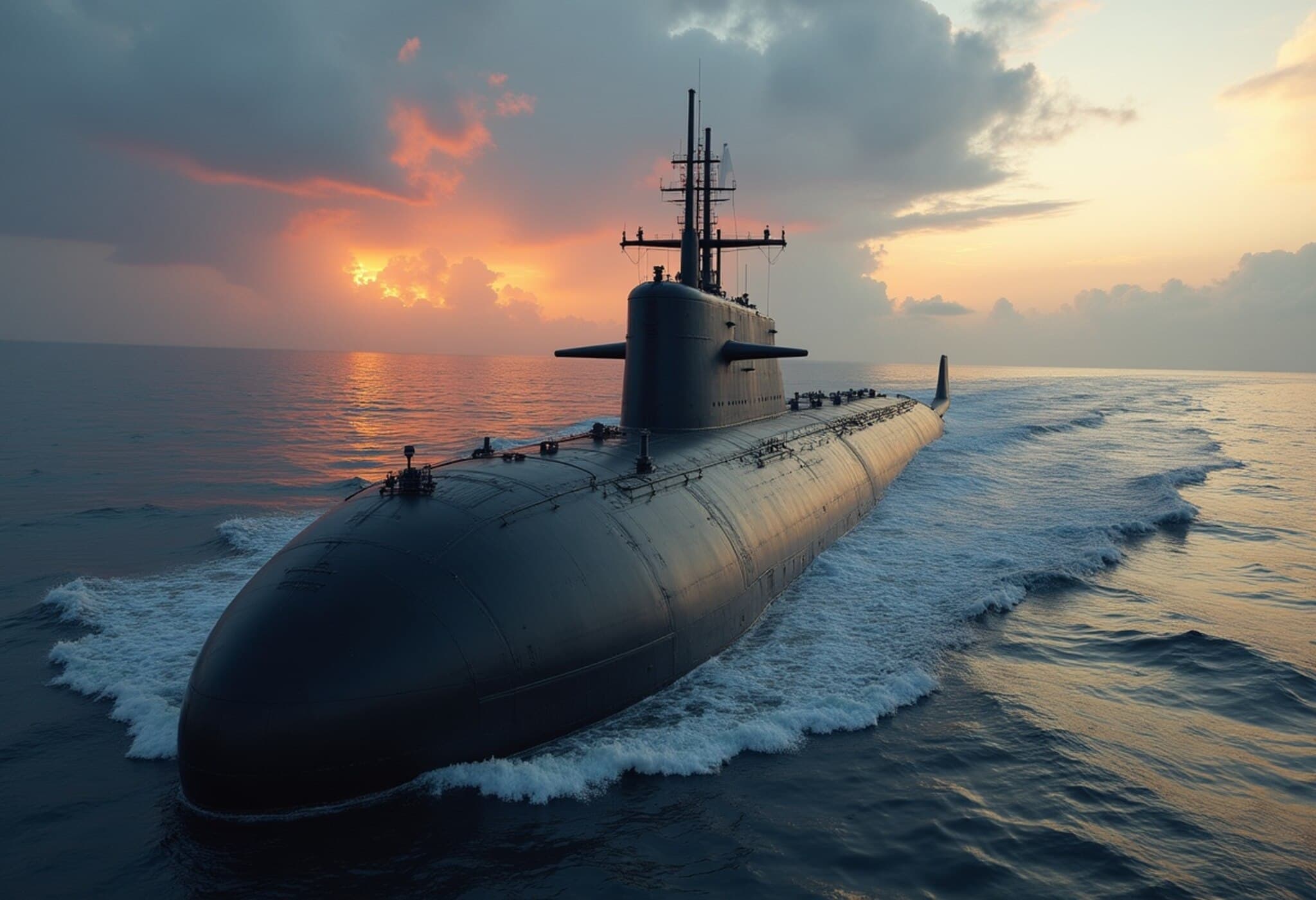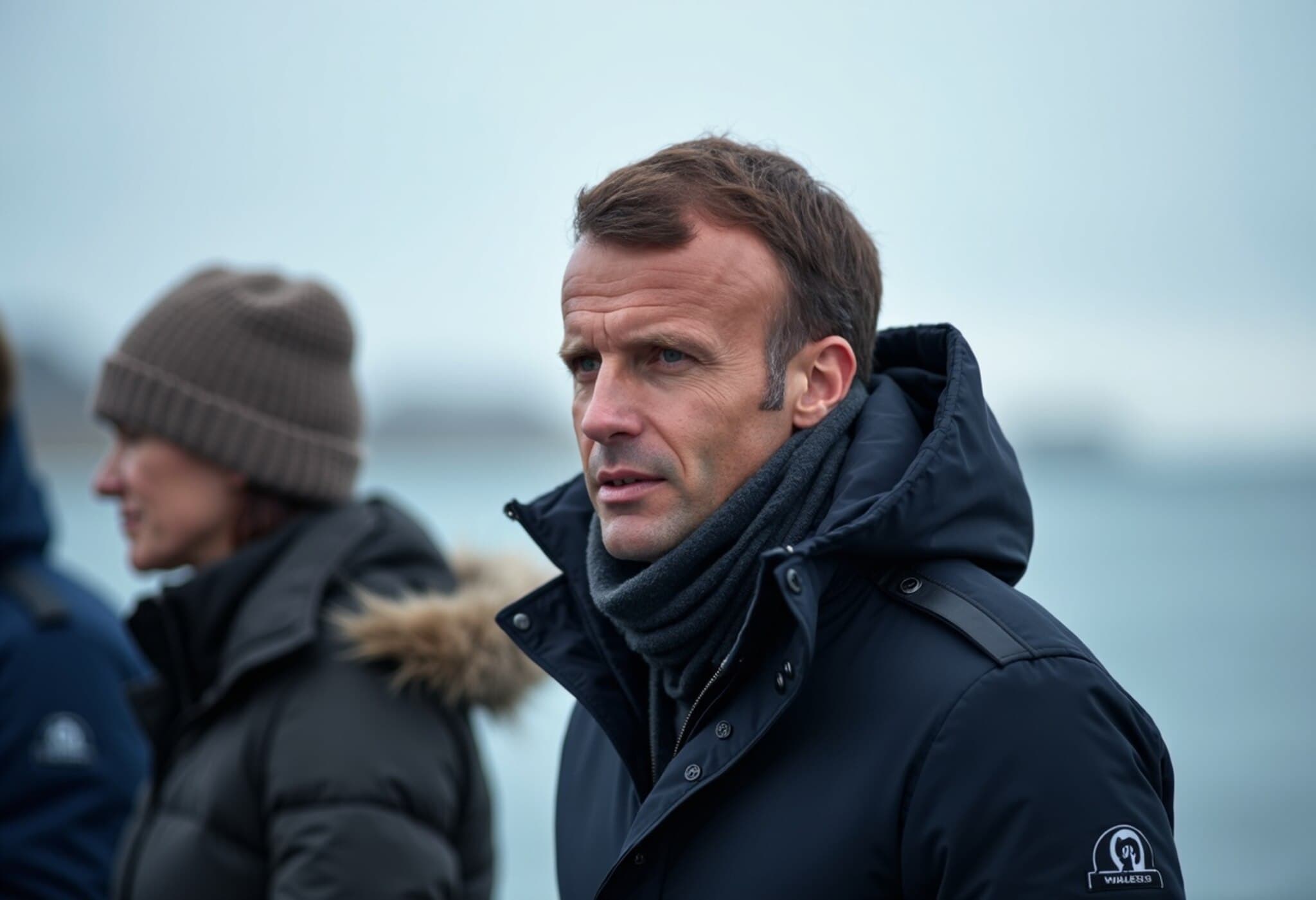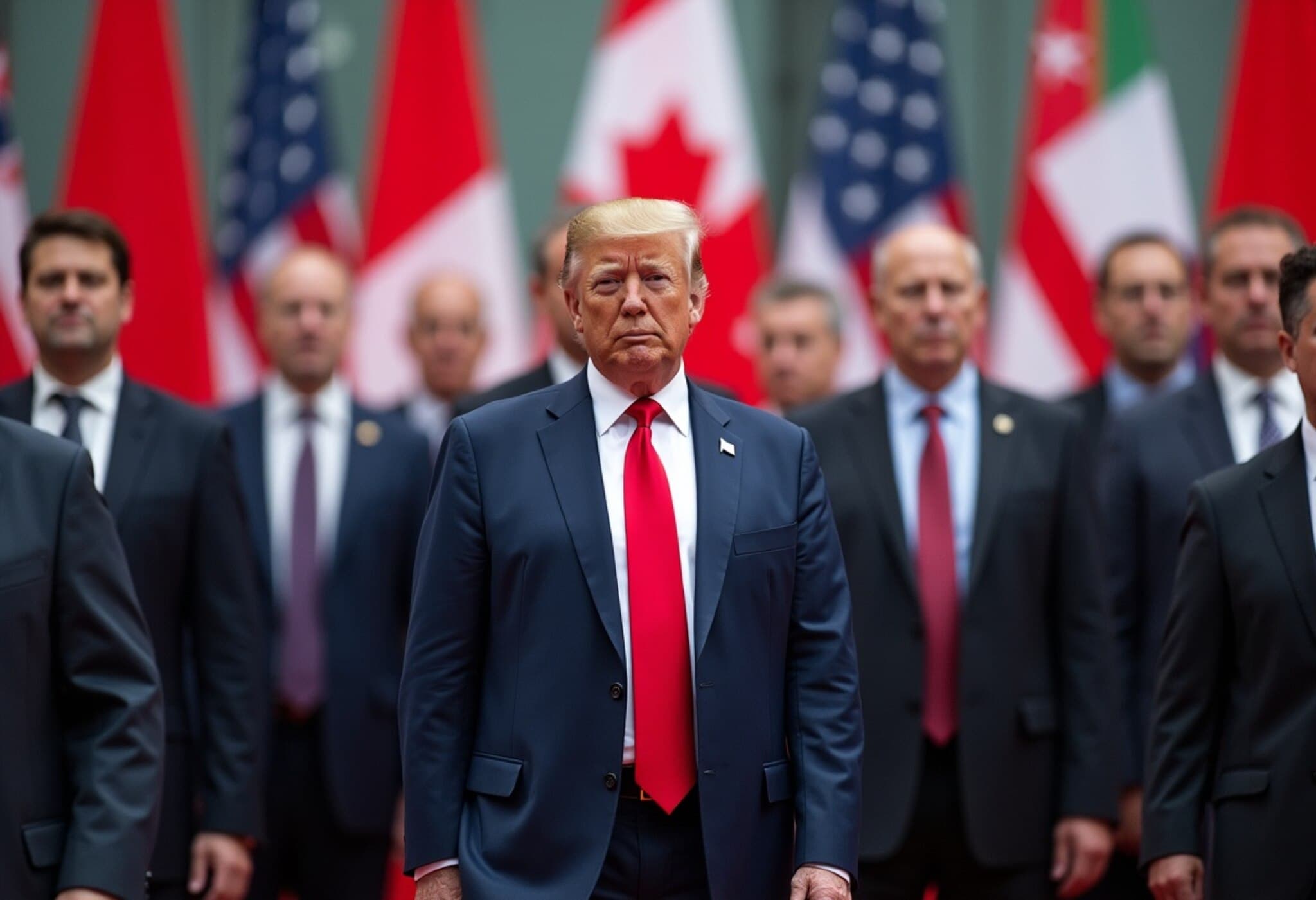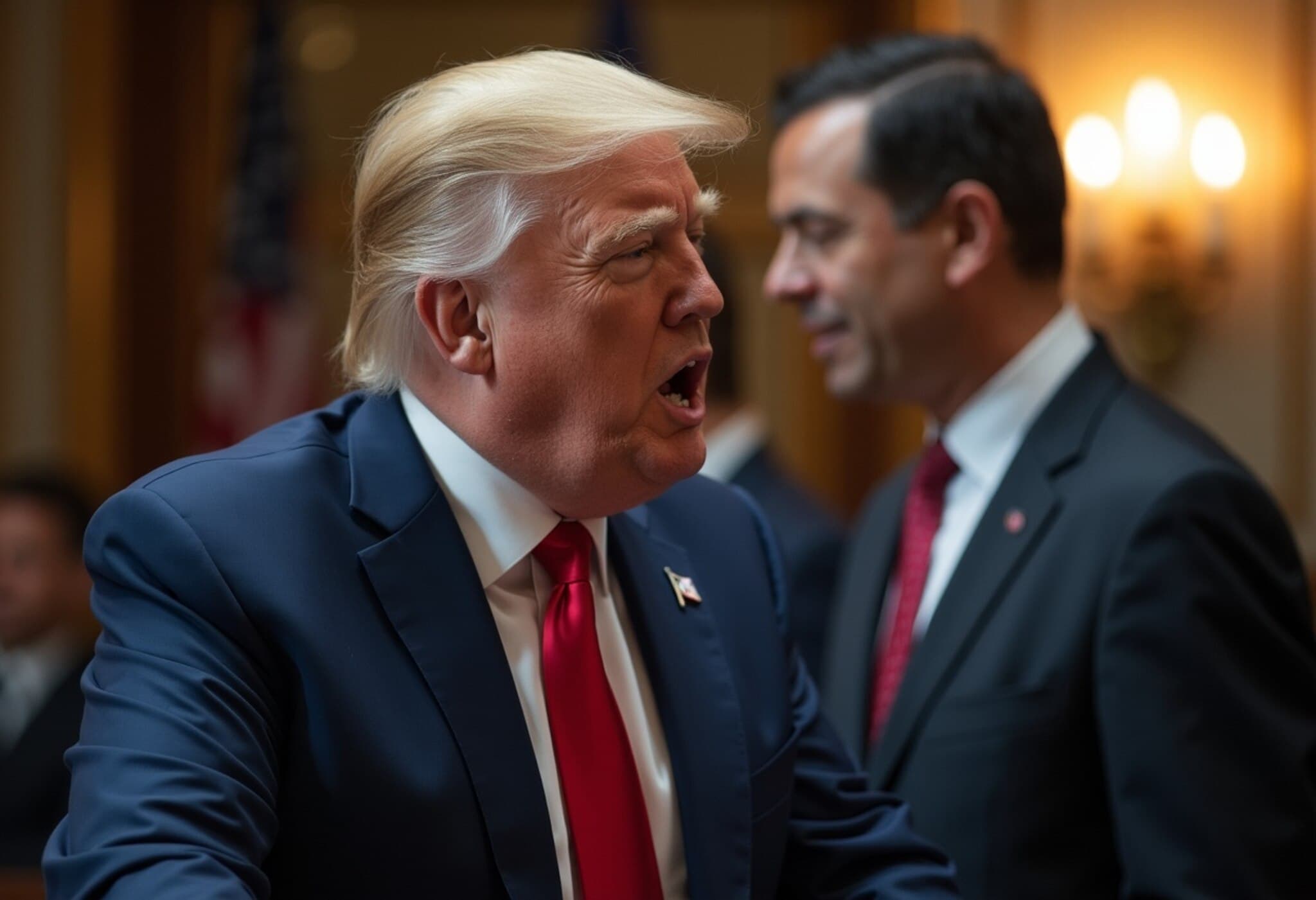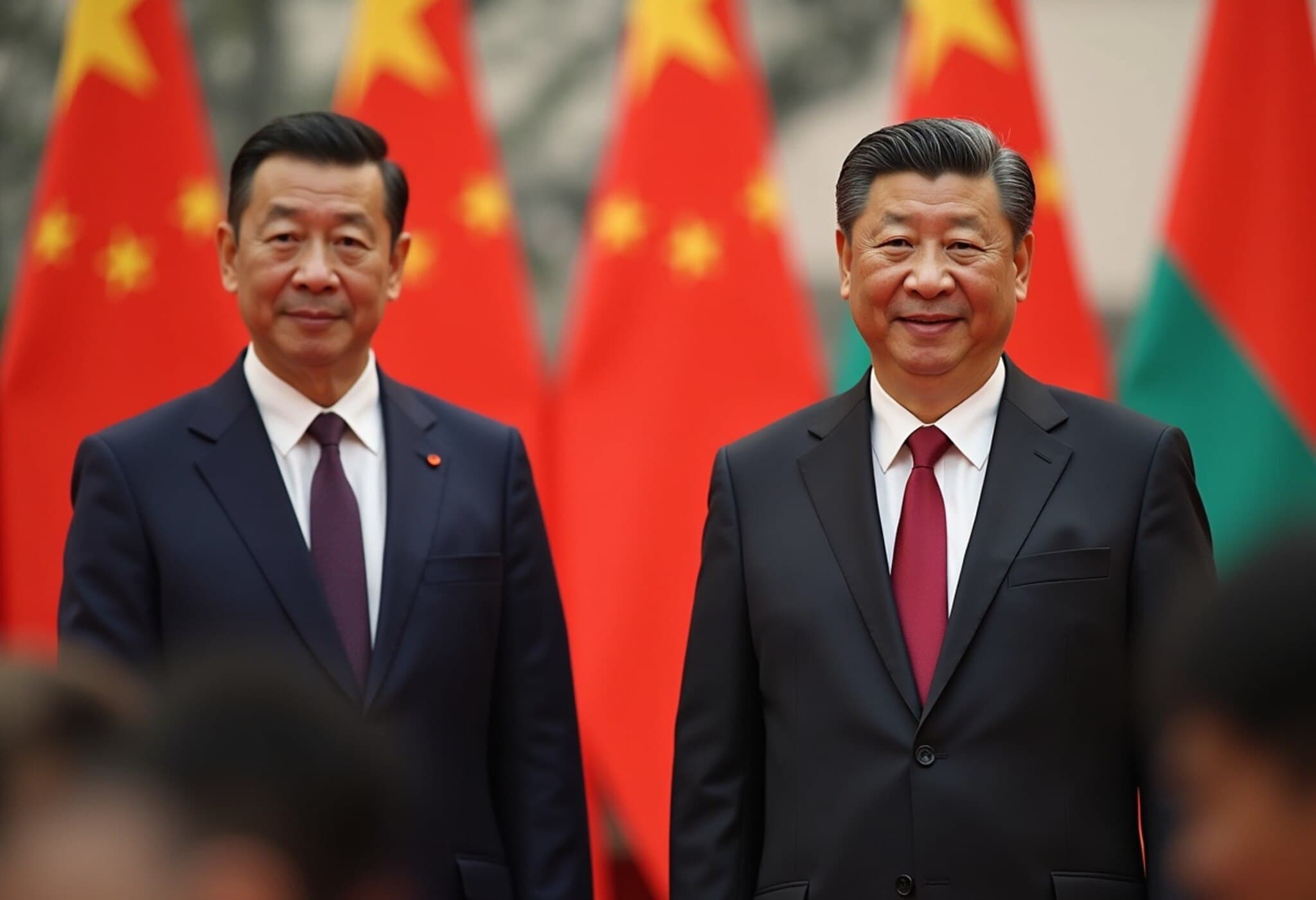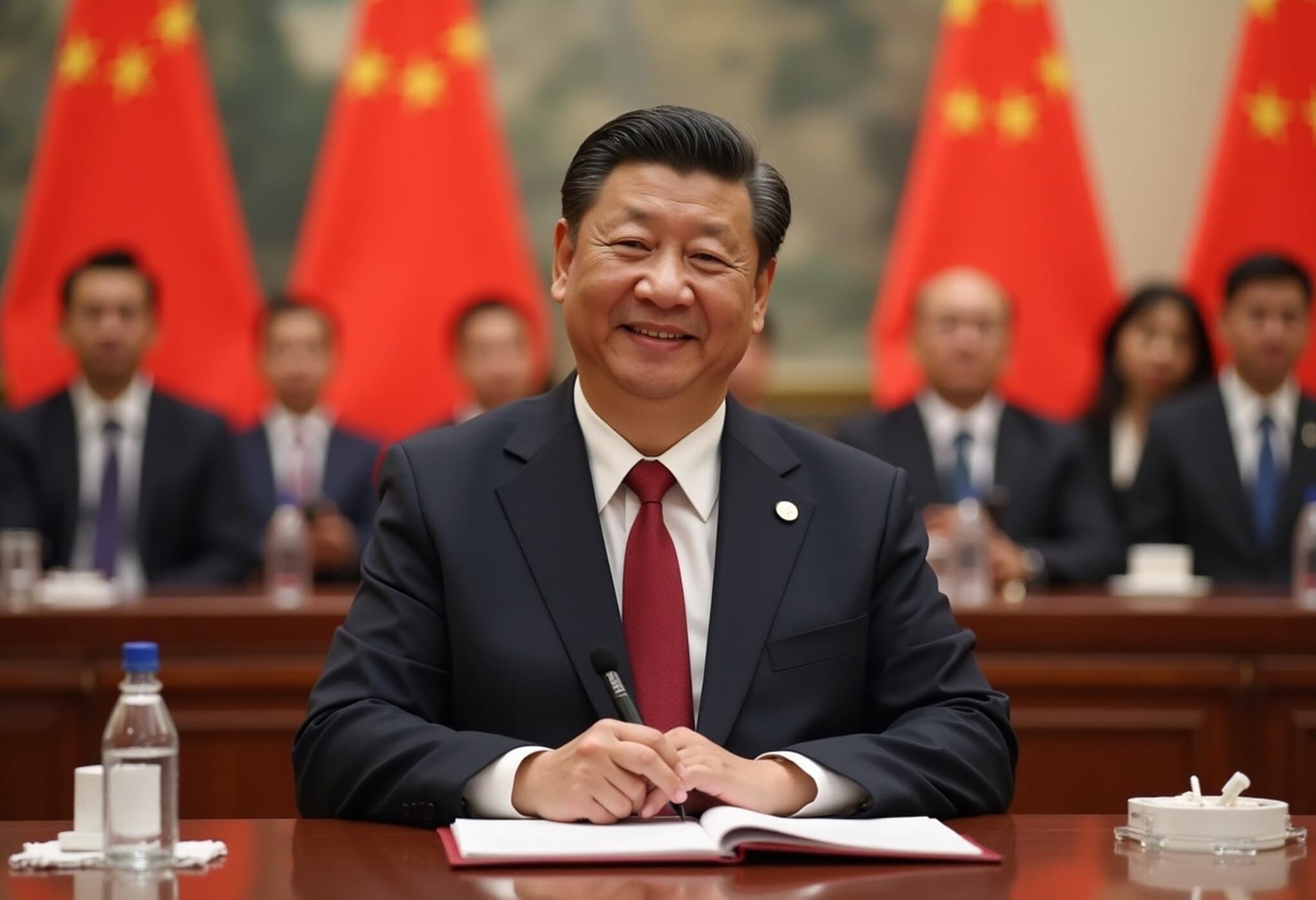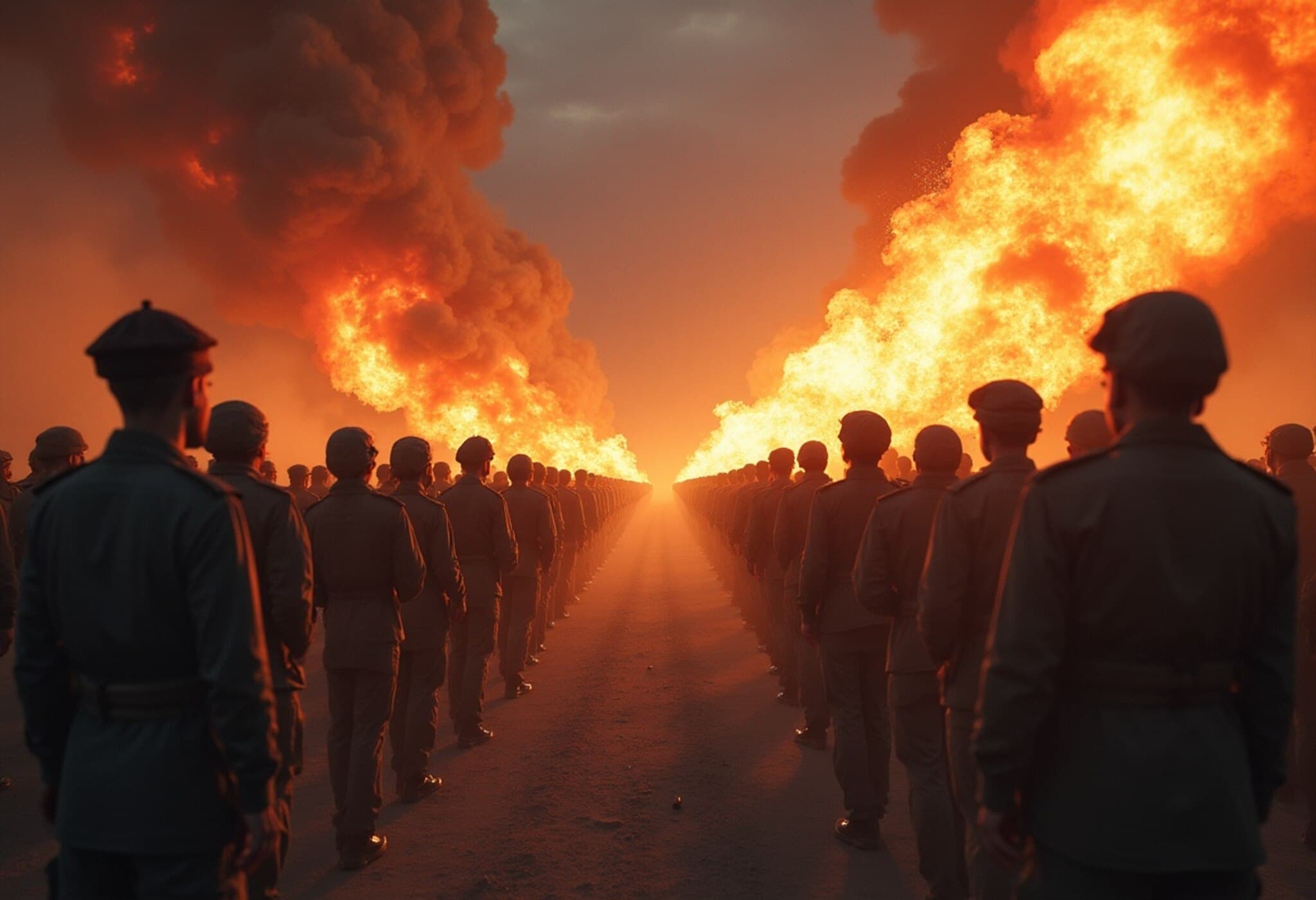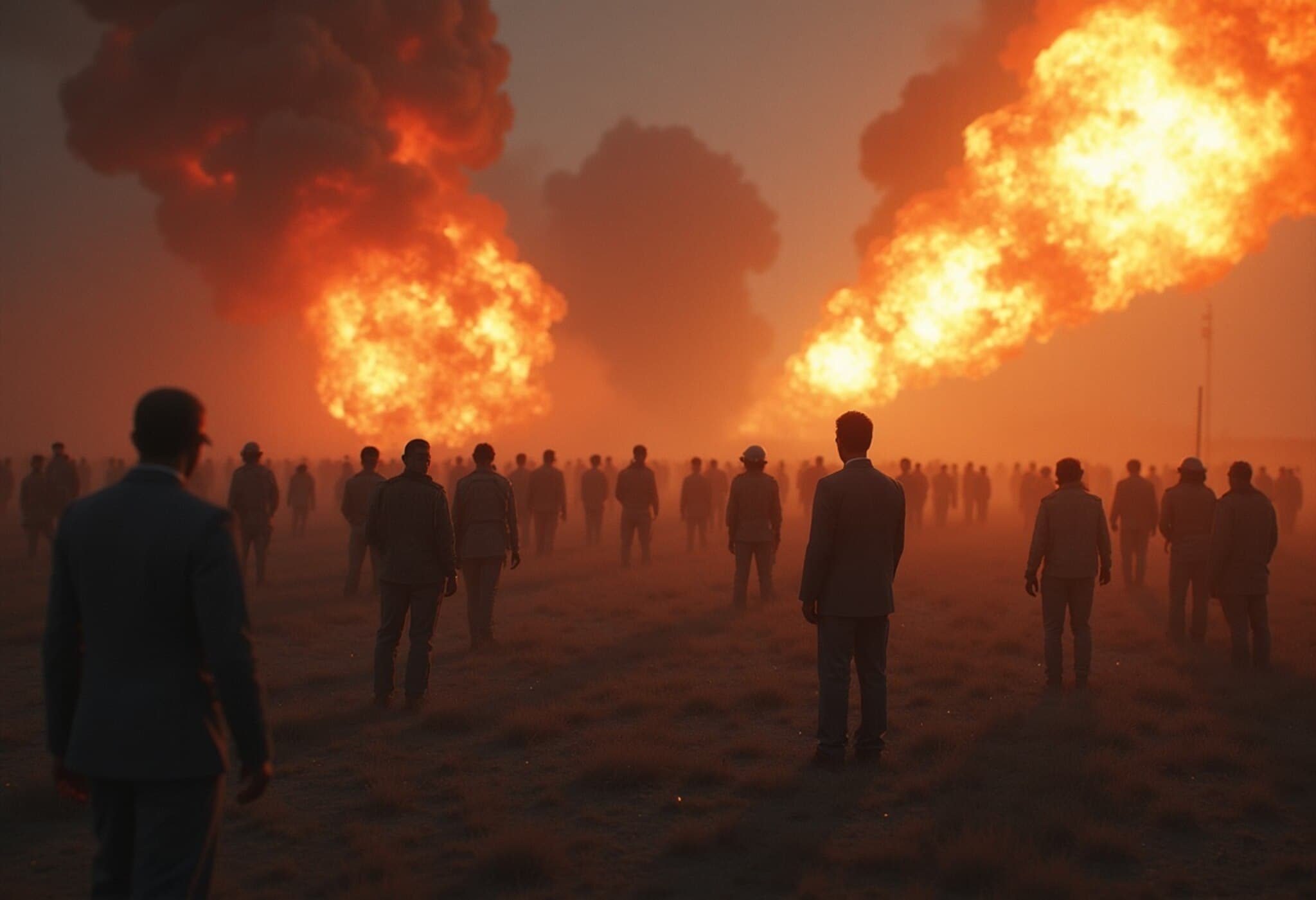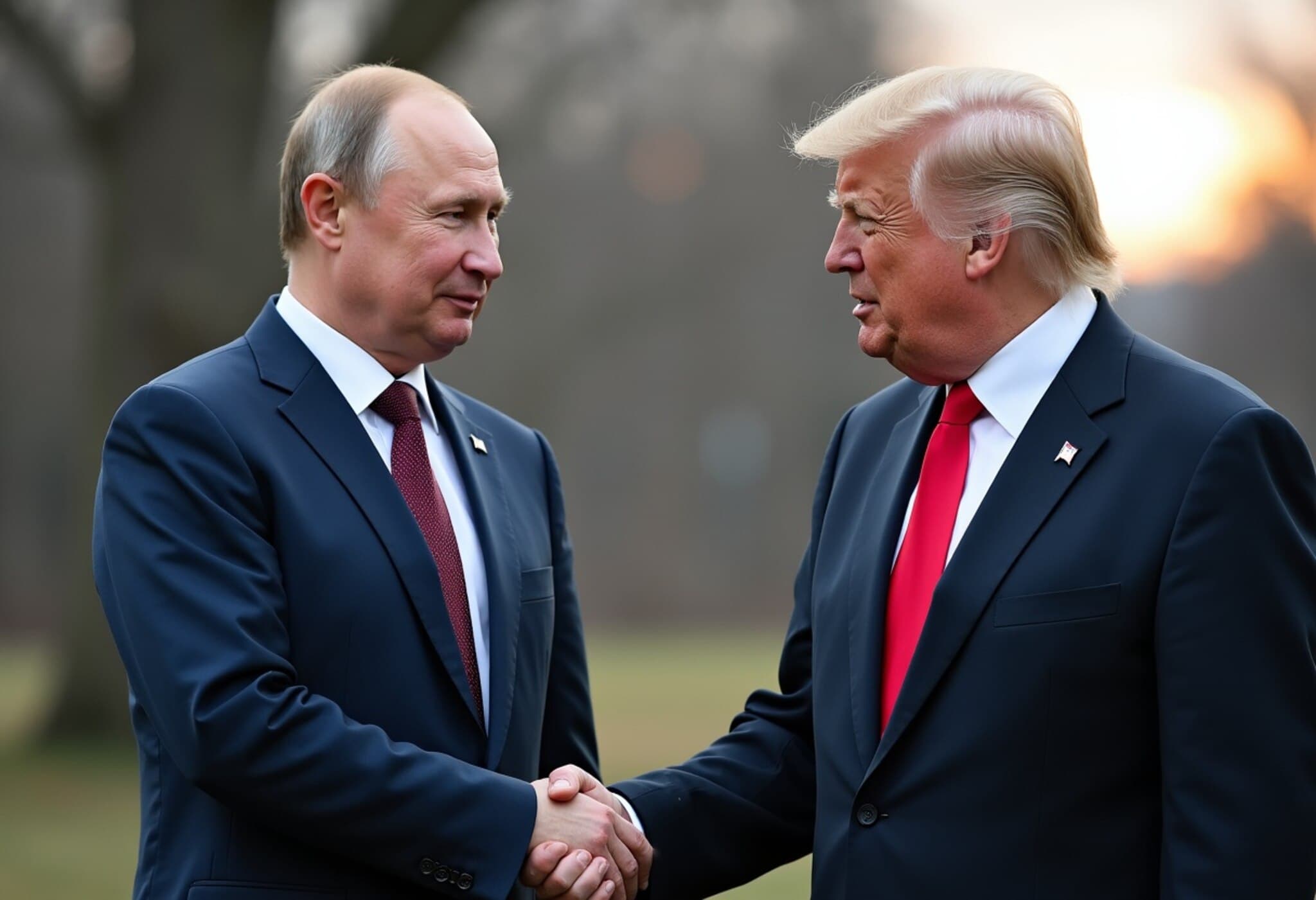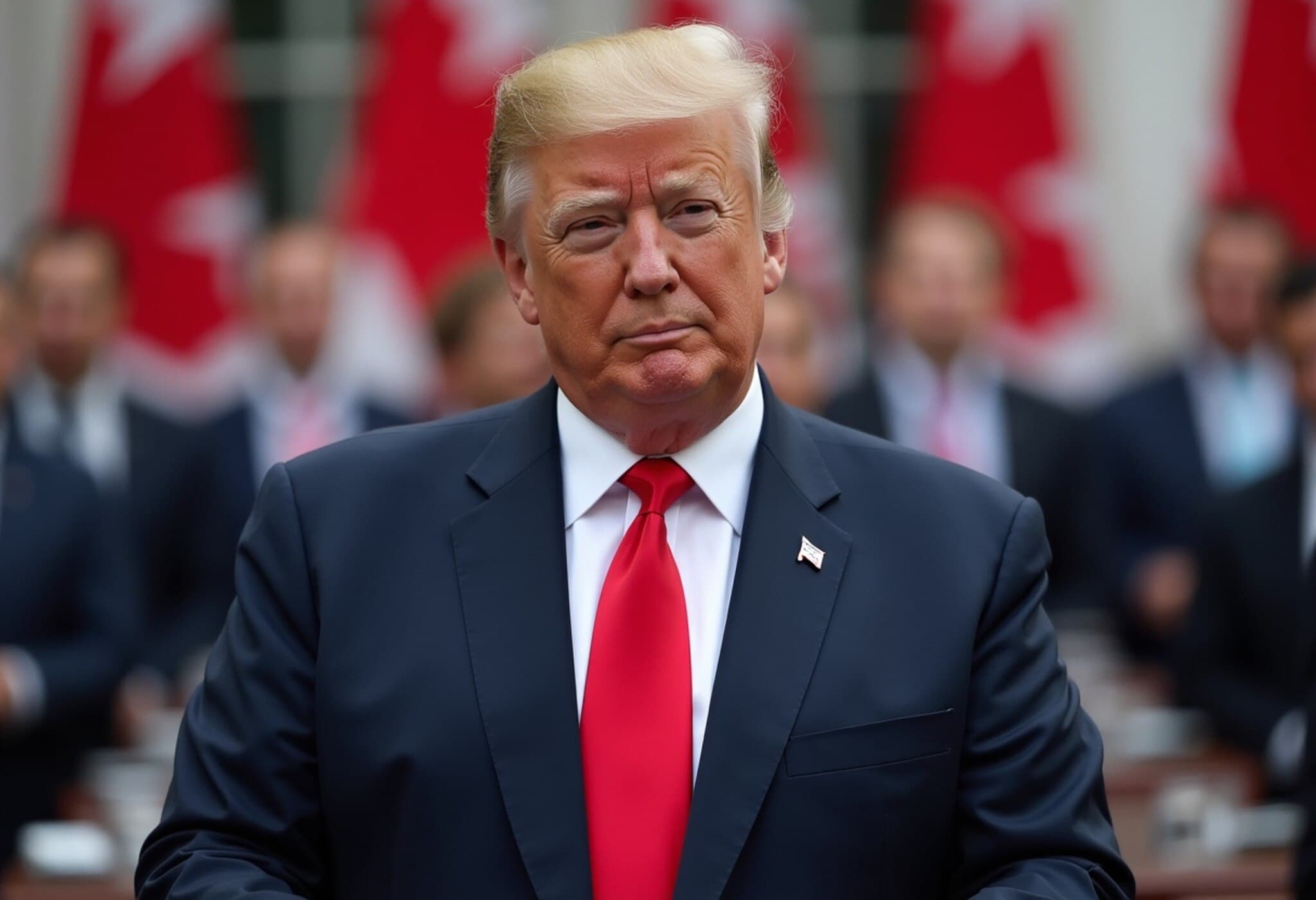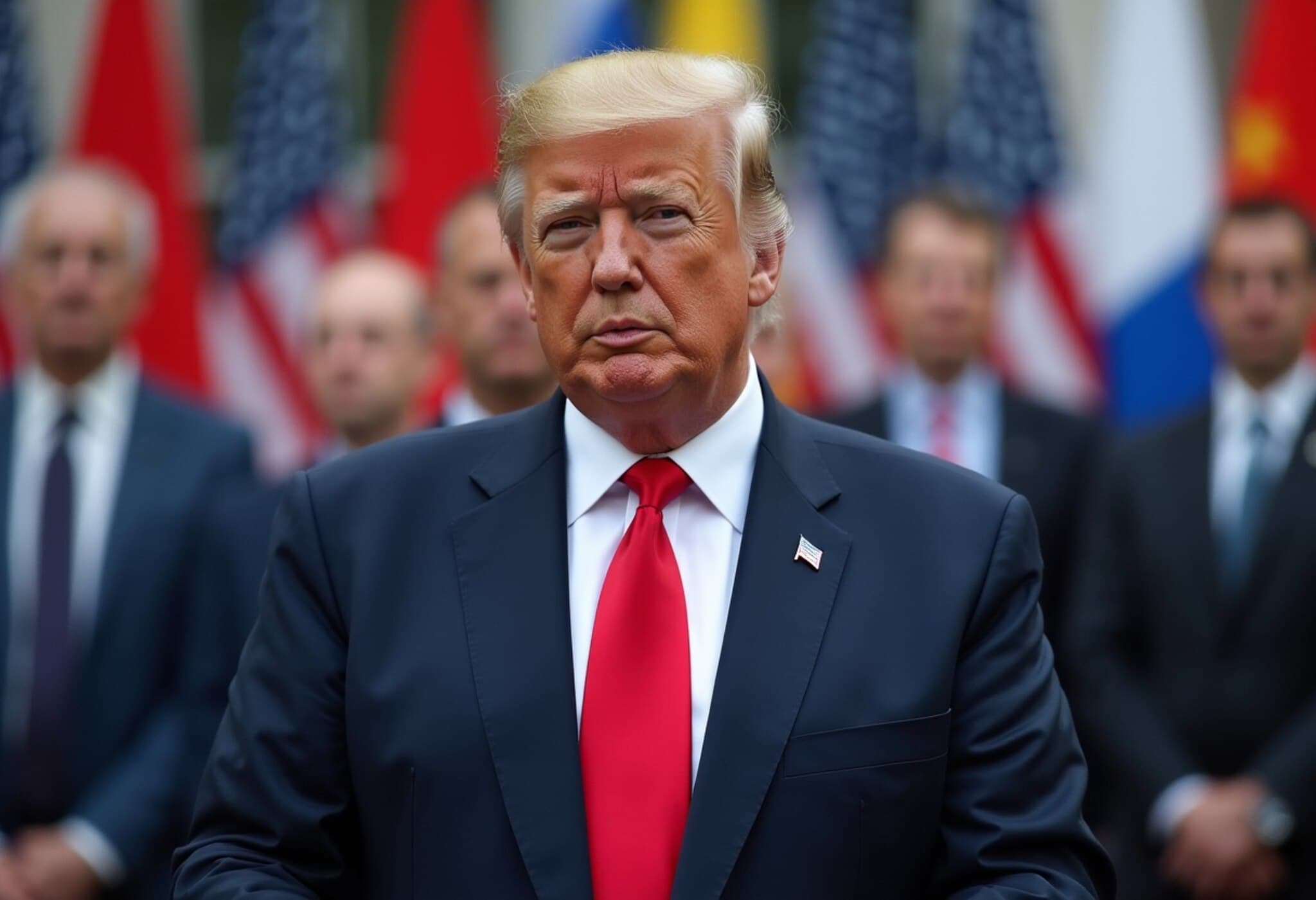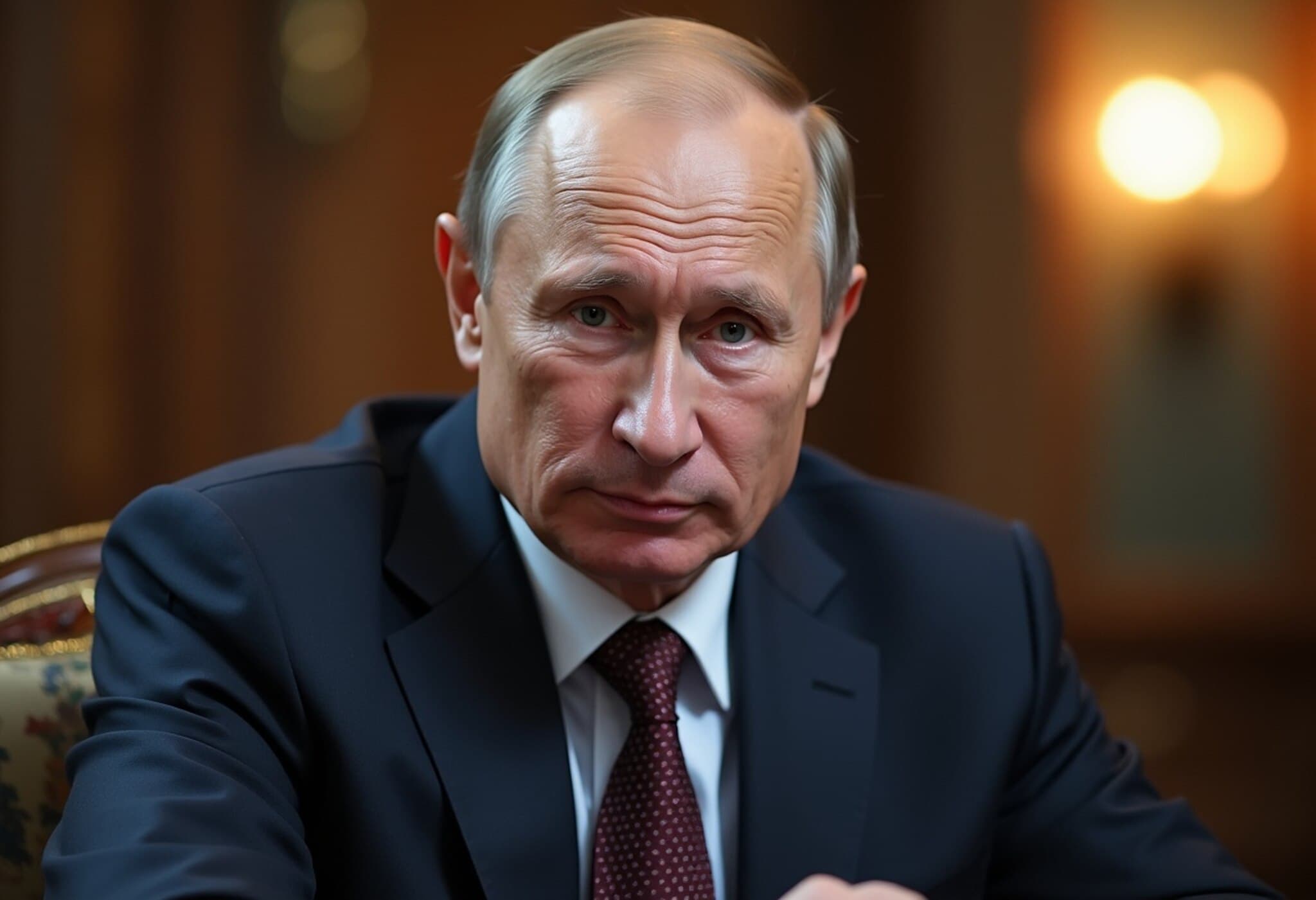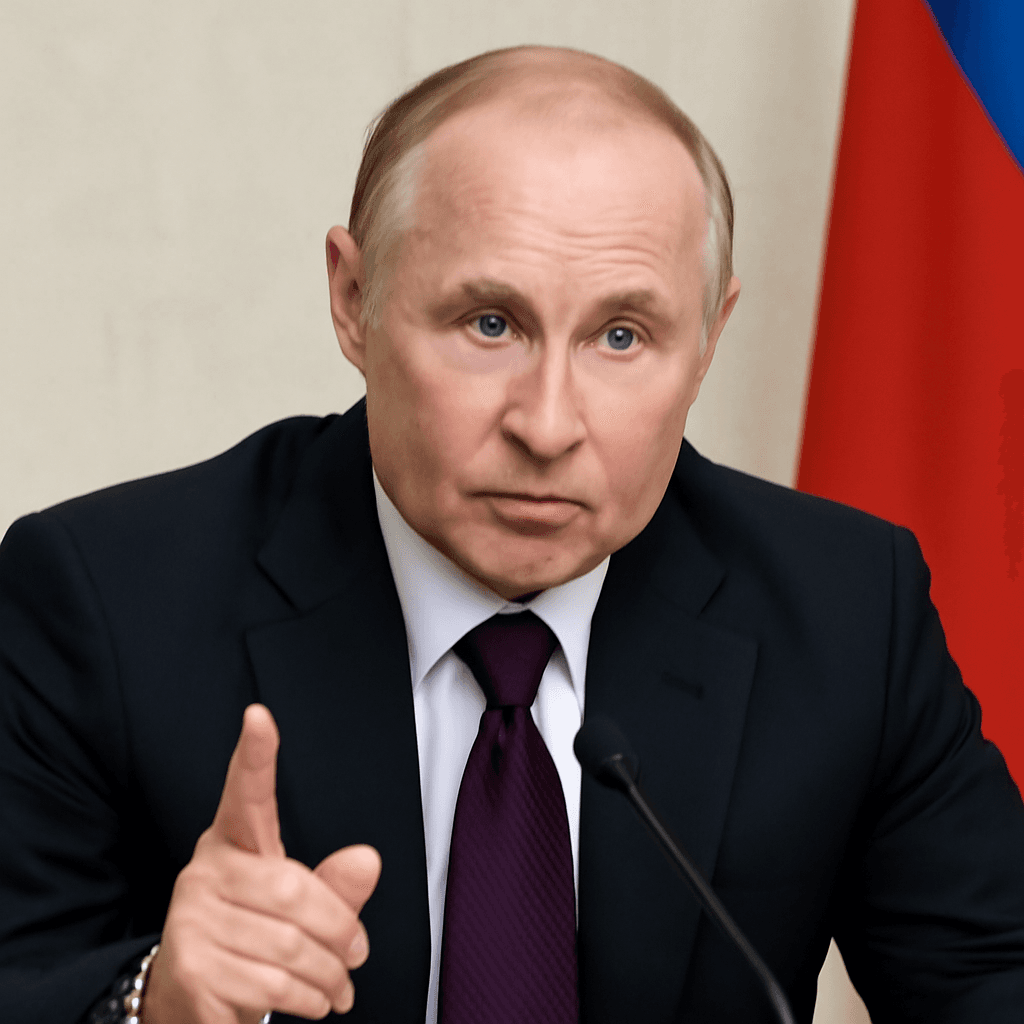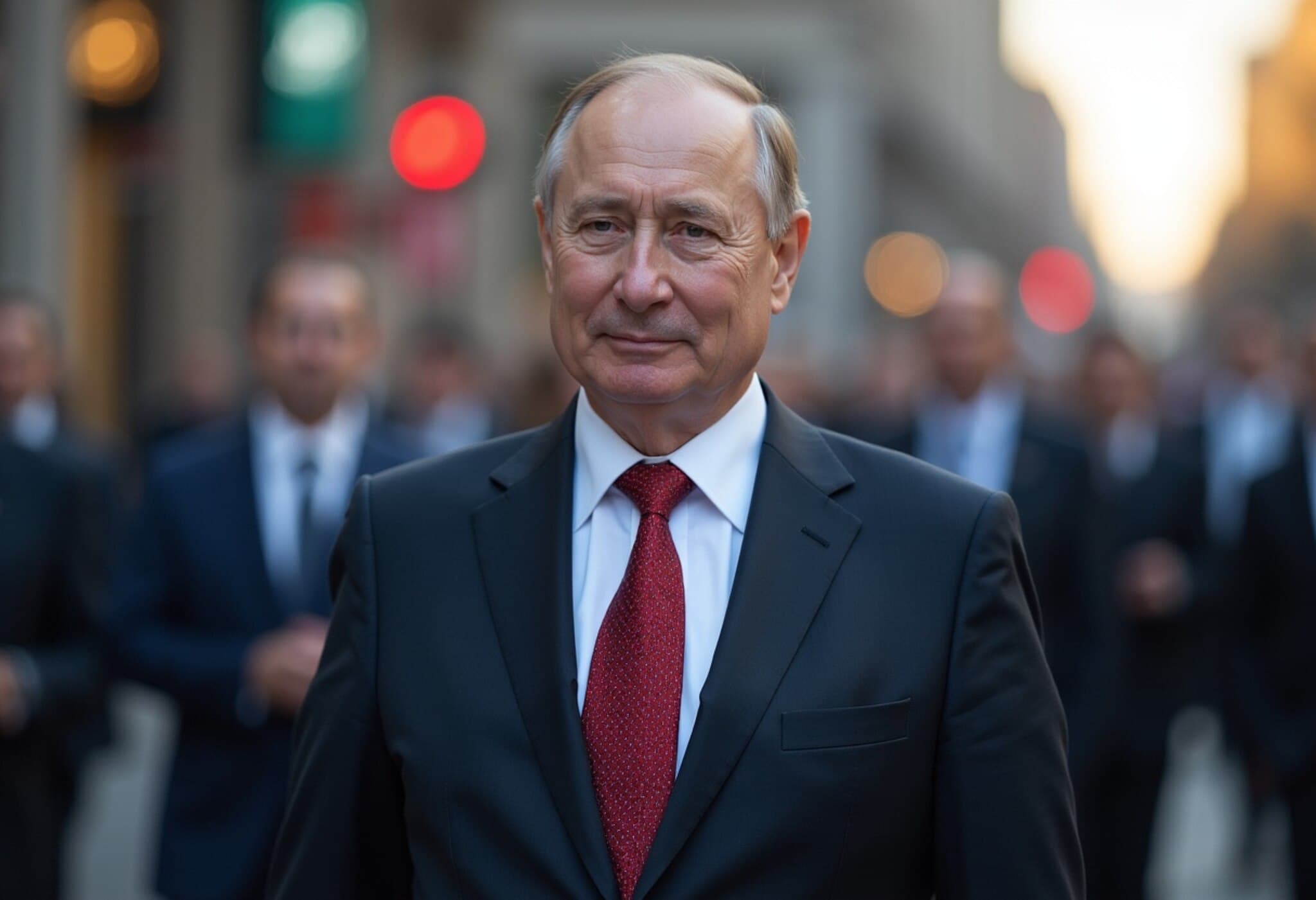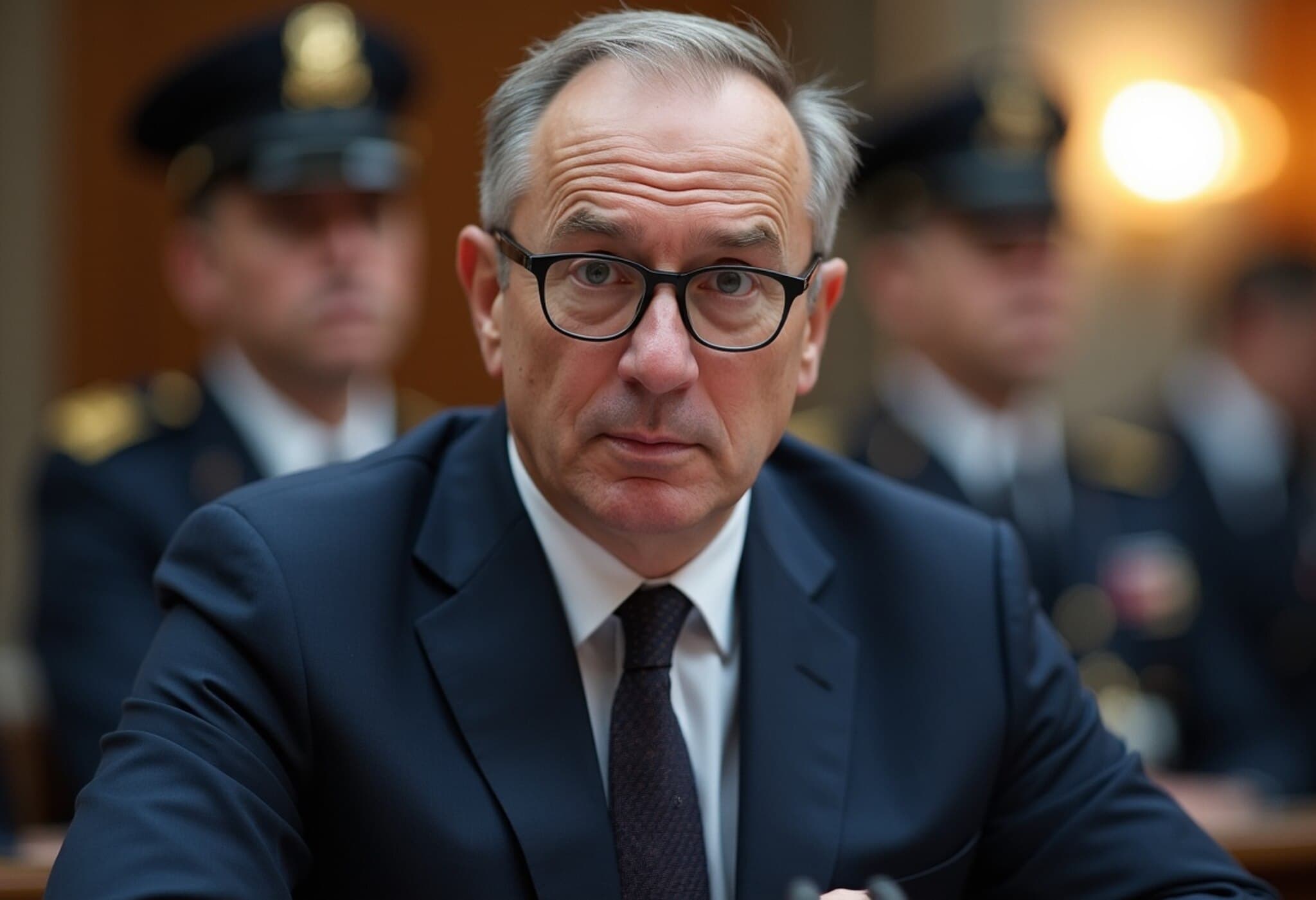Russia Calls for Restraint as U.S. Deploys Nuclear Submarines
In a tense and carefully nuanced response, Moscow has urged caution in discussing nuclear weapons following President Donald Trump’s announcement that he had ordered two American nuclear submarines to move to undisclosed locations. Kremlin spokesperson Dmitry Peskov emphasized the gravity of nuclear rhetoric in a world already fraught with geopolitical tensions.
Key Messages from the Kremlin
Addressing the press, Peskov stated, “Everyone should be very, very careful with nuclear rhetoric.” He sought to downplay the announcement by explaining that the submarines were already active, saying, “It is obvious that American submarines are already on combat duty. This is an ongoing process.” Peskov added that Russia preferred to avoid getting embroiled in a public contest of words concerning nuclear strategy.
Backdrop: Rising Tensions Amid Approaching Sanctions Deadline
This development comes as President Trump sets a deadline of August 8, 2025, to impose new sanctions on Russia and other nations importing its oil, including India and China. Trump has linked these sanctions to demands that Russian President Vladimir Putin end the ongoing conflict in Ukraine.
Despite Putin’s recent statements suggesting some progress in peace talks, his assertion that Russia holds a strategic edge in the conflict signals little shift from Moscow’s standpoint. Meanwhile, peace negotiations held in Turkey have yielded modest successes limited to prisoner and body exchanges.
Trump’s Diplomatic Moves and Shifting Tone
President Trump has repeatedly stated his confidence in resolving the Ukraine war swiftly, suggesting he could end hostilities within 24 hours. In an effort toward diplomacy, he plans to send envoy Steve Witkoff to Moscow, with a visit anticipated later this week. The Kremlin has welcomed Witkoff’s visits in the past, acknowledging their importance, though it remains uncertain what new ground will be covered.
Interestingly, Trump’s public posture towards Putin has grown more critical recently, a marked contrast from his previously warmer remarks. This shift adds layers of complexity to an already volatile geopolitical landscape.
Implications of Nuclear Messaging
Observers from both Russia and Western analysts warn that Trump’s mention of nuclear submarines could inadvertently escalate tensions. The rhetoric comes in the wake of provocative statements from former Russian President Dmitry Medvedev, who has ostentatiously alluded to the risks of nuclear conflict between armed powers on social media.
Peskov emphasized the emotional weight nuclear issues carry, refraining from labeling the recent exchange as an escalation. When asked if President Putin had urged Medvedev to temper his online provocations, Peskov diplomatically pointed only to Putin’s overarching leadership stance.
Expert Insight: Navigating Nuclear Dialogue in Uncertain Times
Given the precarious nature of nuclear deterrence and the fragile ceasefire frameworks, expert analysts urge world leaders to exercise deliberate care and restraint. The current situation serves as a reminder of the thin line separating deterrence from disaster. Transparent communication channels and backdoor diplomacy may be crucial to prevent miscalculations.
- Continued military posturing can fuel uncertainty and heighten risk perceptions.
- Public nuclear rhetoric risks inflaming nationalistic sentiments and exacerbating international divides.
- Engagements like Witkoff’s visit may hold untapped potential to recalibrate dialogue away from brinkmanship.
Looking Ahead
With the sanctions deadline looming, the coming days are critical. The global community watches closely, mindful that nuclear discourse carries consequences beyond immediate political signaling. The world’s stability depends on measured leadership, especially when firearms of such devastating capacity are involved.

